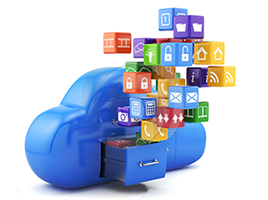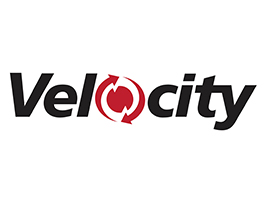As small- to medium-sized businesses look for new ways to increase efficiency and profitability, Enterprise Resource Planning (ERP) solutions are becoming increasingly popular. This technology has the potential to improve business operations and facilitate communication between departments. If you want to get ahead and stay ahead, then take a look at how ERP gets results.

The Emergence of ERP
As businesses grew, so did their need for a sophisticated system to cope with supply and demand. ERP technologies were born out of the desire to more effectively increase competitiveness, reduce costs and manage logistics. These systems first appeared in the late 1980’s and were initially used by large organizations that were looking for ways to manage their business data more productively. This technology was also endorsed by the manufacturing industry because it solved a number of their operational problems, such as maintaining inventory and improving communication between departments. Since then, these ERP systems have evolved in such a way that they can benefit lots of different types of organizations.
Greater Efficiency
ERP solutions reduce the time it takes to perform operational functions, which is necessary to achieve greater productivity. These innovative systems increase efficiency by improving communication, and can carry out many functions with minimal errors. Furthermore, this software collects, interprets and stores large amounts of business data, making it easier for CEOs and their teams to formulate strong marketing strategies.
Seamless Communication
One of the core features of ERP is the centralization of company data. Having all the necessary information in one place means that employers and employees will be aware of any problems that could hinder productivity. This gives them the opportunity to address some of these potential situations before they arise, or manage them more effectively with foresight on their side.
Improved Customer Services
A company is often measured by how well it manages its customers’ inquiries and concerns, so it makes sense to place greater emphasis on meeting the customers’ needs. ERP can help to achieve this because it is designed to improve efficiency, so customers are more likely to receive their products or services on time, and if not, the reason should be logged in the system. Better customer service usually means happier customers, and it’s easier for call handlers to give accurate information to the caller when the system is reliable.
Save Money
ERP systems have proven to be cost-effective because of their multi-functional and time-saving capabilities. These solutions are now relatively inexpensive to install and maintain. Even today, some companies still have multiple systems in place to carry out separate functions, which can be rather costly because there will be less efficiency as information from the separate systems will have to be analyzed and then updated accordingly. Instead, ERP will do all this for you, saving you time and money.
Keep Your Competitors on Their Toes
To keep up with the competition, companies need to have the right infrastructure in place. Since we are living in the digital age, this framework comes in the form of ERP. All businesses that aspire to be serious contenders in today’s market need to have the right tools to manage their business operations and customers optimally.
ERP has been helping businesses succeed for many years, so why not try it out and see what it can do for your enterprise?




